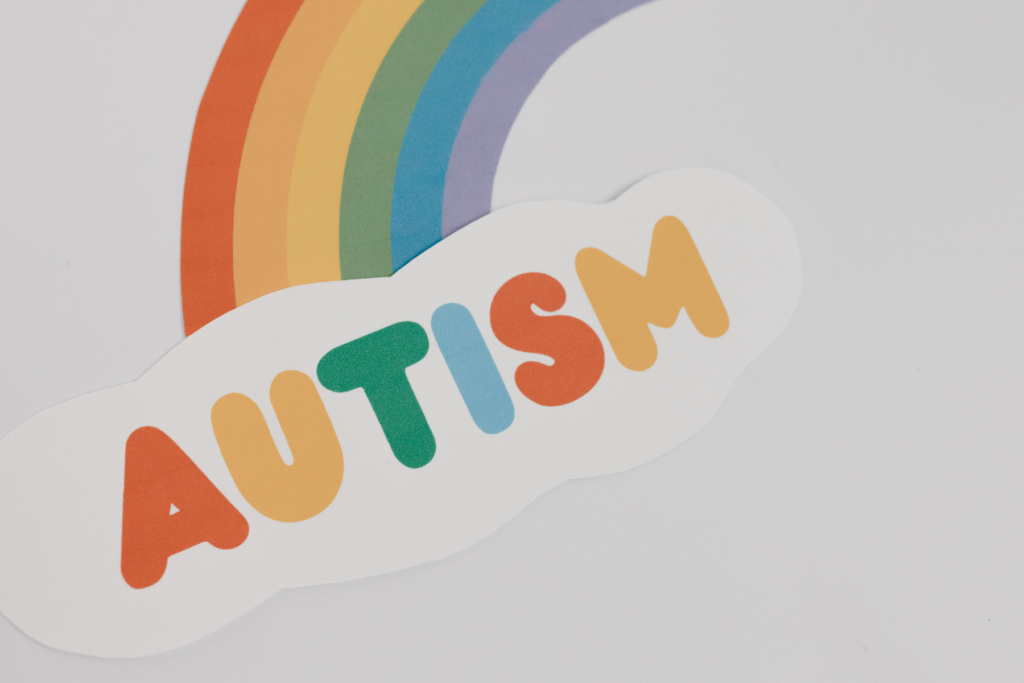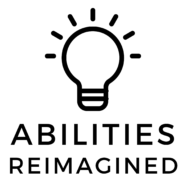
Children with autism often show some difficulties with language, such as being disinterested in reciprocal conversation, difficulties expressing themselves in words, and/or difficulties understanding spoken language. They often are more interested in playing alone that with other peers or adults. They may also show major aversions to certain types of sensory input such as bright lights, hair dryers, tags in clothes, or particular food textures. As a result of exposure to this sensory input, they may begin to cry or try to escape the situation. Many times they have preferences for certain conversation topics and struggle immensely with transitions or unexpected changes.
There is much variation among skills with children with autism. For some, despite average or above intellectual ability, school is very difficult. Their difficulties with social interactions, transitions, and unexpected changes make it hard for them to learn in a typical classroom without supports. Sometimes this results in frequent calls home and behavior write ups. They may struggle with transitions to a new teacher, a new class, or maybe just to a new activity. Large classroom environments, class changes, and pep rallies might really bother them.
If this sounds like your child, you may be wondering if an evaluation for autism may be warranted.
To assess whether or not your child might have autism, we look at many different areas of functioning to include:
- intelligence testing (verbal comprehension, visual spatial skills, fluid reasoning, working memory, and processing speed)
- academic screening (reading, writing, math)
- verbal, nonverbal, and pragmatic language screening
- autism diagnostic measure
- autism parent/teacher rating scales
- sensory processing screening
- assessment of adaptive skills (daily living skills)
We do ADOS-2 evaluations!

